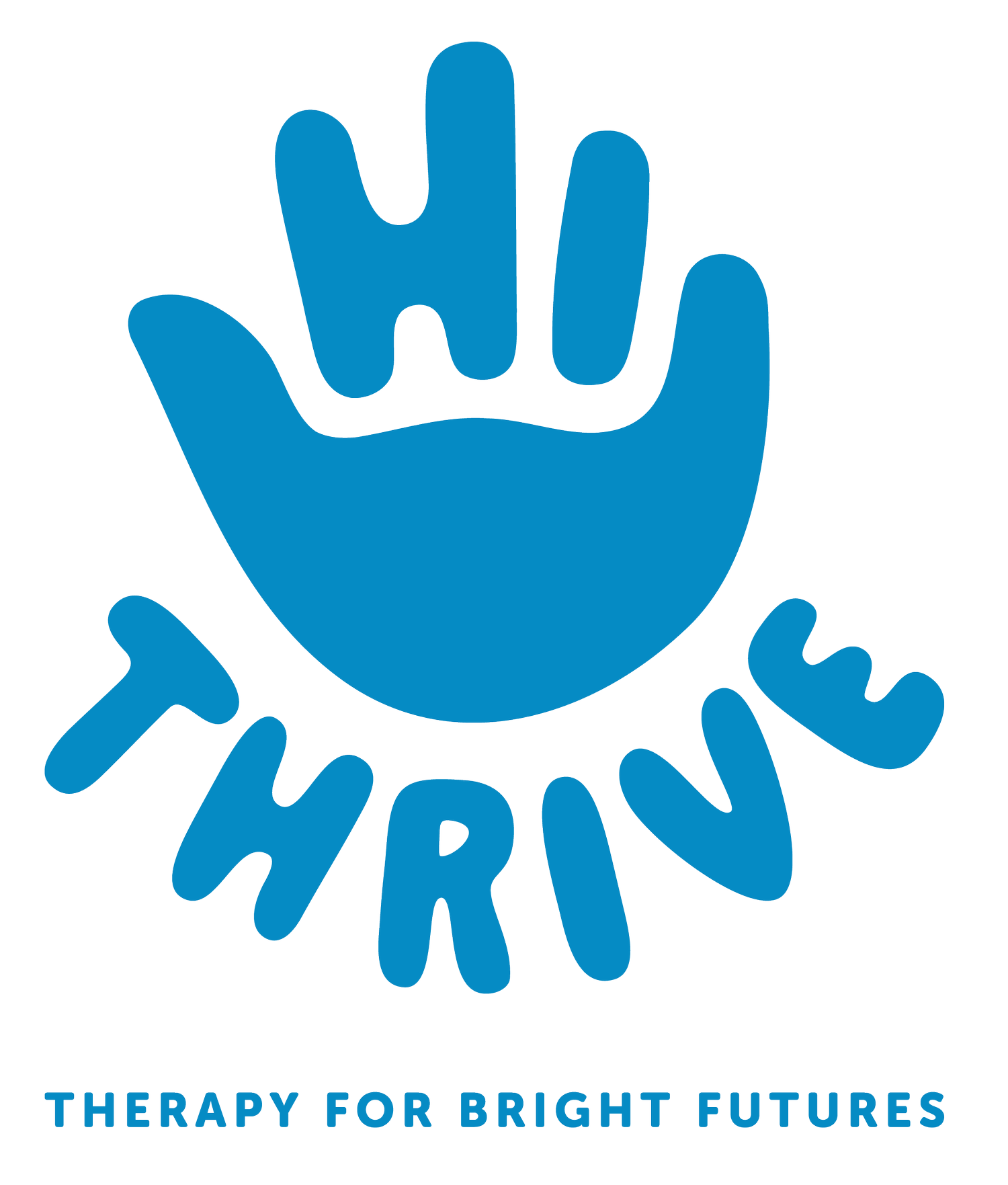Understanding Developmental Language Disorder (DLD)
Developmental Language Disorder (DLD) is a common but often misunderstood condition that affects the way children acquire language skills. Despite its prevalence, awareness about DLD remains relatively low, making it crucial to shed light on what it is, how it impacts children, and what can be done to support those affected.
What is Developmental Language Disorder?
DLD is a condition that impairs a child's ability to learn, understand, and use language. This disorder can affect various aspects of language, including vocabulary, sentence structure, and conversational skills. Children with DLD may struggle with both expressive language (speaking and writing) and receptive language (understanding spoken and written language).
Prevalence and Diagnosis
DLD is more common than many realize, affecting approximately 7% of children. Despite its prevalence, it is often underdiagnosed or misdiagnosed. Diagnosis typically involves a comprehensive evaluation by a speech-language pathologist, who will assess the child's language abilities and compare them to developmental norms.
Signs and Symptoms of DLD
The signs and symptoms of DLD can vary widely among children, but common indicators include:
Delayed Speech Development: Children may start speaking later than their peers.
Limited Vocabulary: Difficulty learning new words and using them correctly.
Grammatical Errors: Persistent issues with grammar, such as incorrect use of verb tenses or sentence structure.
Difficulty Following Instructions: Challenges in understanding and following directions.
Social Communication Problems: Struggles with conversational skills, such as taking turns in conversation and understanding nonverbal cues.
Causes of DLD
The exact cause of DLD is not fully understood, but it is believed to result from a combination of genetic and environmental factors. Research suggests that children with a family history of language disorders are more likely to develop DLD. Additionally, differences in brain structure and function may play a role.
Impact on Learning and Social Development
DLD can have a significant impact on a child's academic and social development. Children with DLD often face challenges in school, particularly in subjects that require strong language skills, such as reading and writing. These difficulties can lead to frustration and lower self-esteem.
Socially, children with DLD may struggle to form and maintain friendships. Communication difficulties can make it hard to engage in social interactions, leading to feelings of isolation. Early intervention and support are crucial to help children with DLD develop the skills they need to succeed academically and socially.
Supporting Children with DLD
Support for children with DLD typically involves speech and language therapy, which can help them develop their language skills and address specific areas of difficulty. Additionally, parents and teachers can play a vital role by:
Creating a Supportive Environment: Encouraging communication through positive reinforcement and patience.
Using Clear and Simple Language: Speaking slowly and clearly, using short sentences and simple words.
Reinforcing Language Skills: Engaging in activities that promote language development, such as reading together and playing language-based games.
Collaborating with Professionals: Working closely with speech-language pathologists and educators to implement effective strategies and interventions.
Developmental Language Disorder is a common yet often overlooked condition that can significantly impact a child's life. By raising awareness and understanding of DLD, we can better support children who struggle with language development and help them reach their full potential. Early intervention, combined with ongoing support from parents, teachers, and professionals, is key to helping children with DLD thrive.
